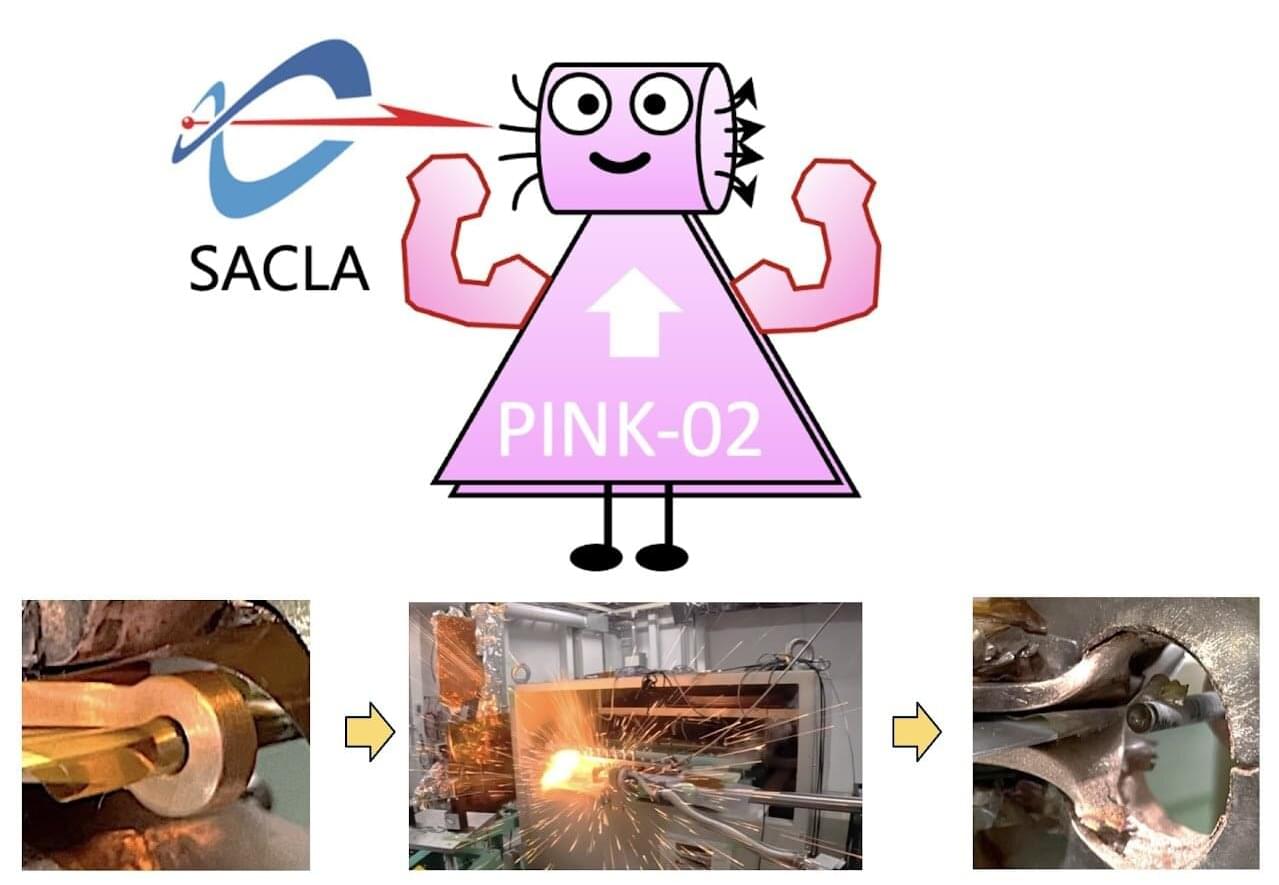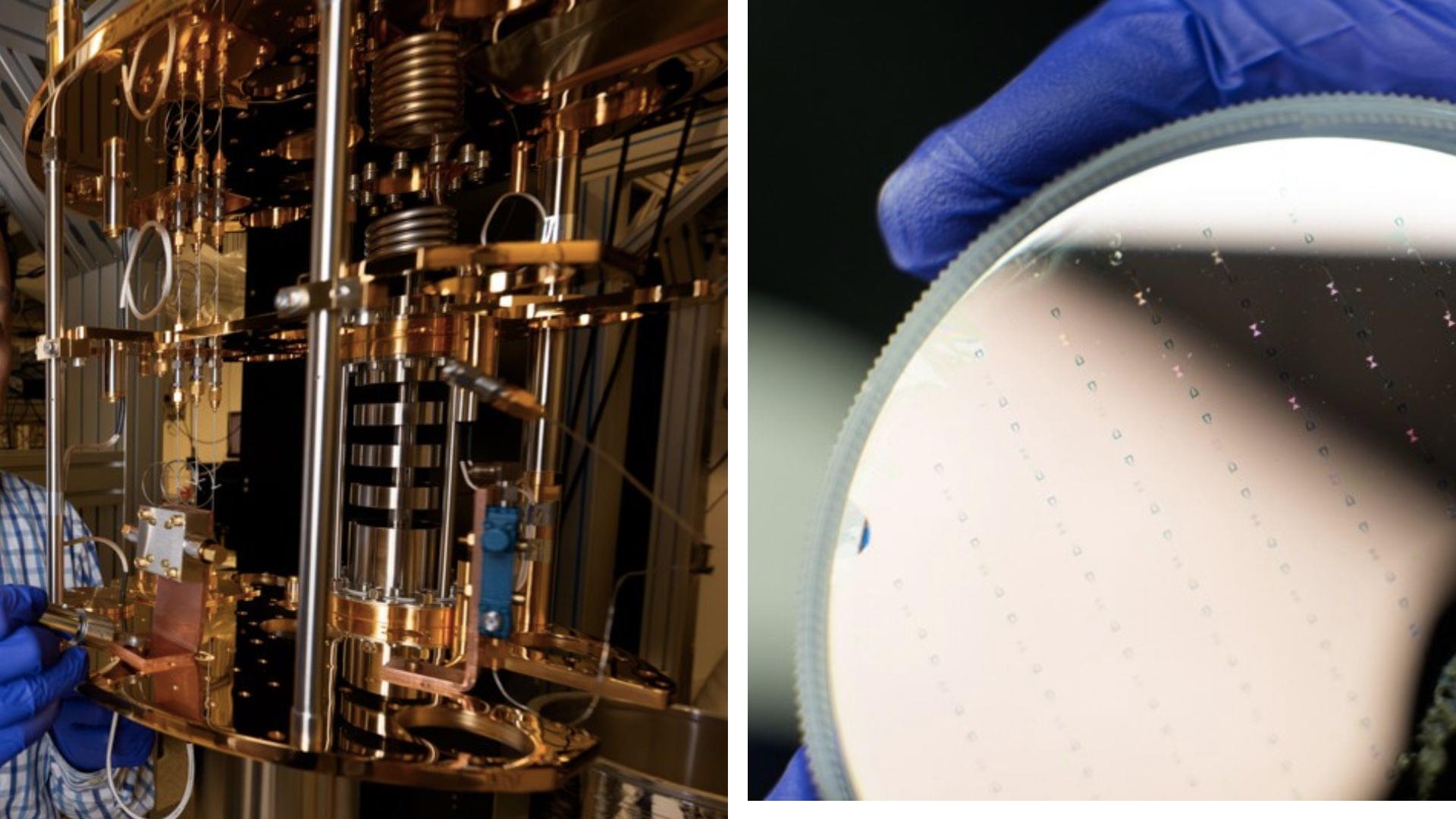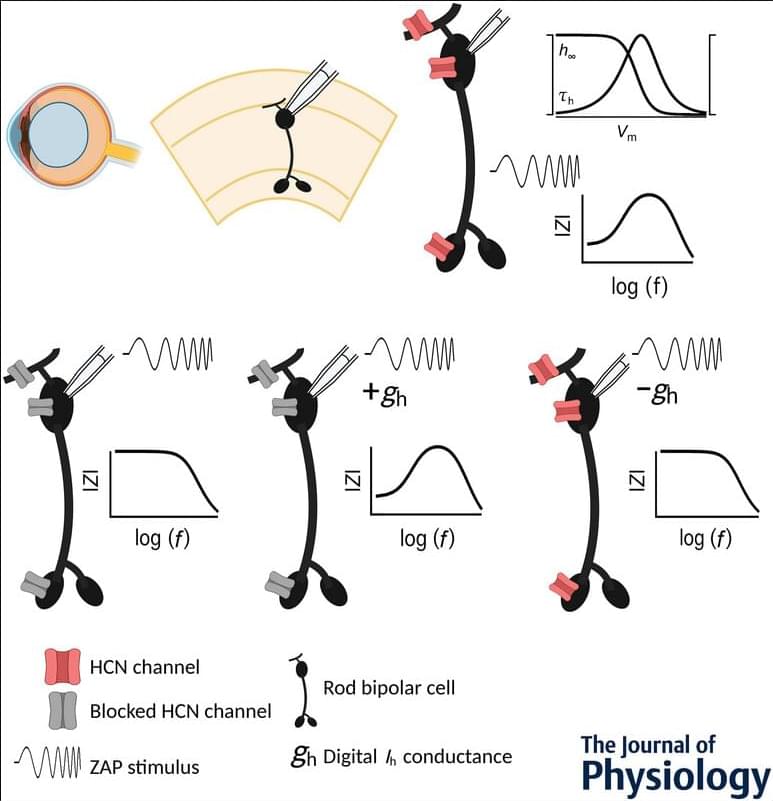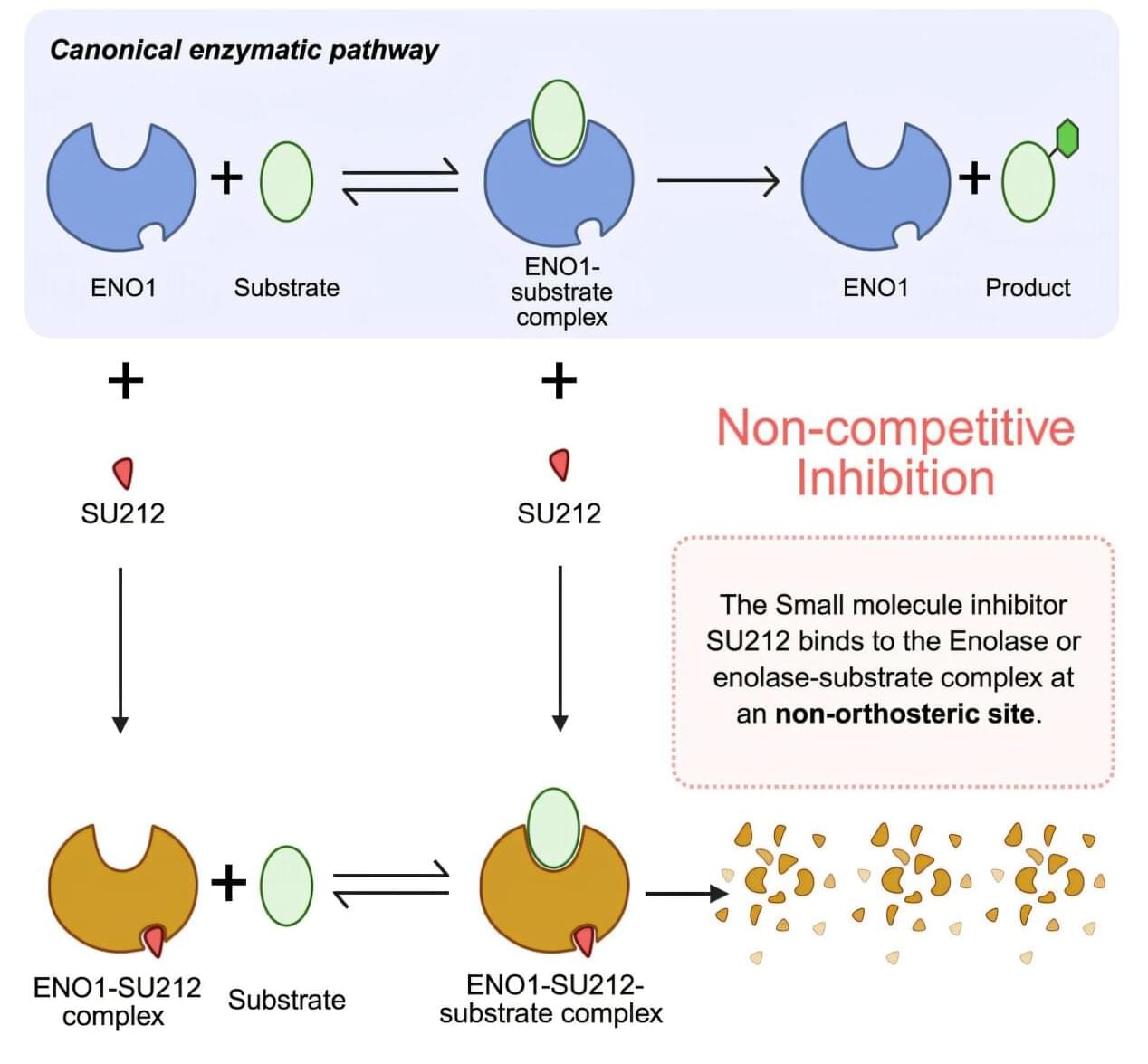The study points to a few other benefits: Modern antivenoms don’t address the tissue damage that can be wrought by snake venom, but the nanobodies in the new product seemed to decrease tissue injury in mice, even with delayed treatment. And since nanobodies are less likely to cause serious immune reactions, per the statement, clinicians could theoretically administer the new antivenom before the appearance of clear symptoms, instead of waiting in an attempt to avoid severe side effects.
Still, because the experiments were performed on lab animals, not humans, the new antivenom is nowhere near commercial availability—first, the concept must be proven in human subjects. As such, the team is working on improving the antivenom and securing more funding.
“We have both a moral and global responsibility to contribute to solving this problem,” Laustsen-Kiel says in the statement. “Our antivenom has the potential to fundamentally change how snakebites are treated around the world.”








